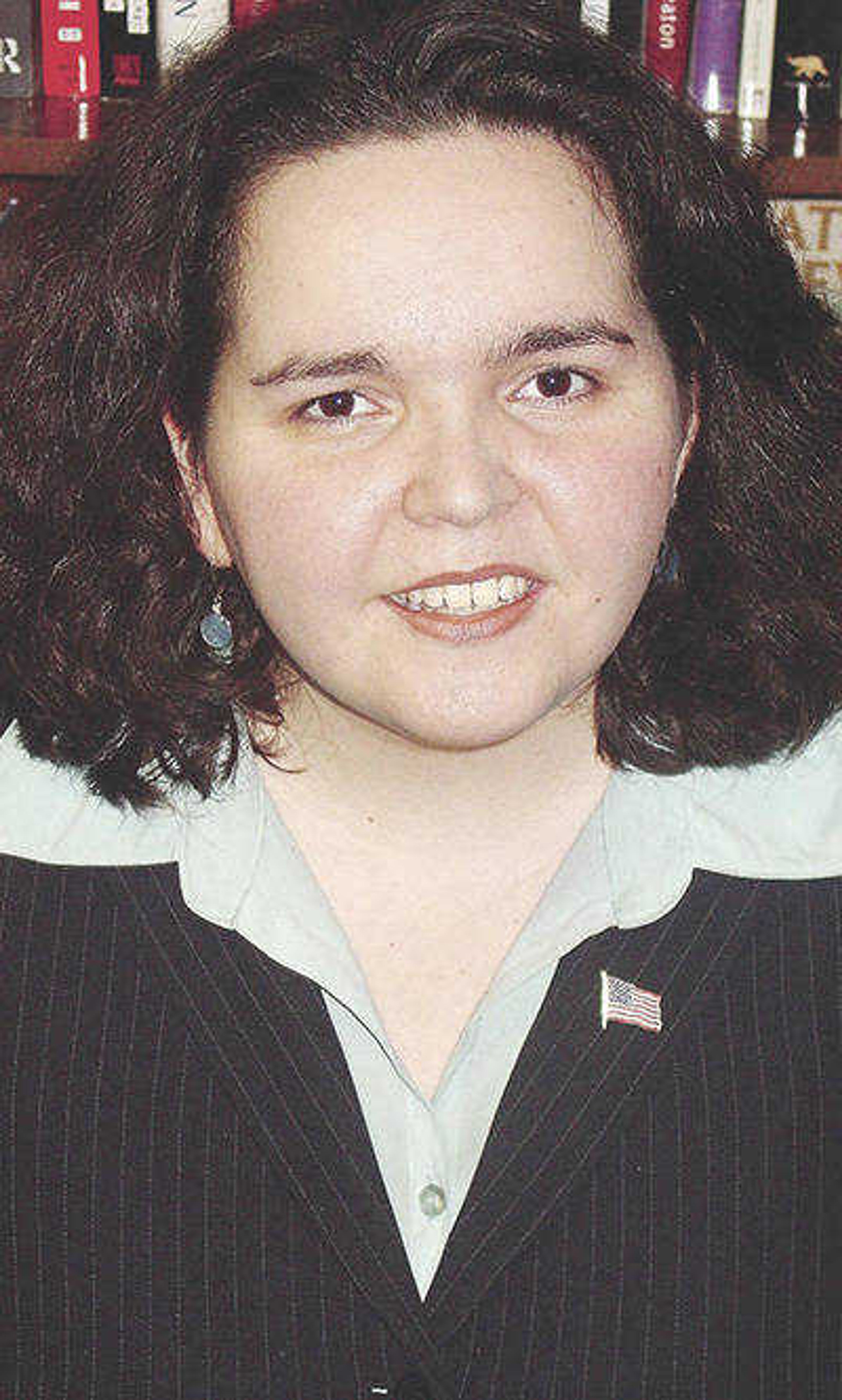You can't take it with you
"It makes no sense to accumulate, if one day we will die." Pope Francis said this to a crowd in front of the Vatican the other day. He wasn't trying to be depressing; he was trying to inspire us. Storage spaces are somewhat ubiquitous in modern-day America. Save for Christmas decorations, the odds are we don't need most of what's in them. And yet we cling, like we cling to a false sense of security about our health and wealth and a new normal...
"It makes no sense to accumulate, if one day we will die."
Pope Francis said this to a crowd in front of the Vatican the other day. He wasn't trying to be depressing; he was trying to inspire us.
Storage spaces are somewhat ubiquitous in modern-day America. Save for Christmas decorations, the odds are we don't need most of what's in them. And yet we cling, like we cling to a false sense of security about our health and wealth and a new normal.
It's that clinging -- and the utter fear of suffering and death -- that makes physician-assisted suicide possible. "Medical aid in dying" is the new language used by advocates of a culture of death, one recently endorsed by conservative columnist George Will. To make choosing when to end one's life a mainstream issue is a poisonous direction to go in, especially for a country that has already had legal abortion for a half-century. The vulnerable unborn and sick and elderly are merely to be cast aside when inconvenient? That is what laws allowing abortion and assisted suicide are saying, whatever euphemisms of choice are utilized to pretend that we aren't talking about killing human beings.
No one wants to suffer unexpected pain. None of us wants to watch someone else in agony. And yet just as medicine advancements mean longer life spans, the field of palliative care is a tremendous mercy for patients who are suffering from horrible diseases. To oppose assisted suicide is not to be masochistic. It is to recognize that life is not a human creation -- there's more to the picture than all that we can see.
Those who work with the elderly, like the religious order the Little Sisters of the Poor, testify to the mercy that is often found around a deathbed. There are reconciliations. There are moments of grace -- expressions of love that no one could have ever imagined or scripted.
Accumulate "charity and the ability to share," Pope Francis urged, "the ability not to remain indifferent when faced with the needs of others." He asked: "What is the point of arguing with a brother or with a sister, with a friend, with a relative, or with a brother or sister in faith, if then one day we will die? What is the point in being angry, in getting angry with others?" He added: "Before death, many issues are put into perspective. It is good to die reconciled, without grudges and without regrets! I would like to say one truth: We are all on our way toward that door, all of us."
How does that fact, one strenuously avoided by our current culture, change the way we conduct our days? Would we spend so much time on social media, engaging in the worst sort of interactions?
Rather than shake us into right order, the pandemic seems to have exacerbated some of our worst tendencies. The things we say about people who are not vaccinated! They are not all conspiracy theorists. Some are doctors. The things we say about people we don't agree with politically! These are our fellow human beings living in the world today, and those of us who believe in God are going to have to answer for our time here and what we said and did.
And, as Pope Francis points out, there will not be a moving van behind the hearse that carries our body away. As many a wise person has pointed out, the measure of our lives is how we love. That involves sacrifice and empathy. That's why assisted suicide is so wrong. It's the opposite of love, however we try to delude ourselves. It opens the door to not only more suicide, but more violent disregard for the human person in the very place where we count on it being protected -- the doctor's office, the hospital bed.
Do no harm. Love, already -- from the beginning to the end. We'll all be better for it.
And give things away -- it's a good practice for giving our lives away in love. The generosity might just catch on.
klopez@nationalreview.com
Connect with the Southeast Missourian Newsroom:
For corrections to this story or other insights for the editor, click here. To submit a letter to the editor, click here. To learn about the Southeast Missourian’s AI Policy, click here.










